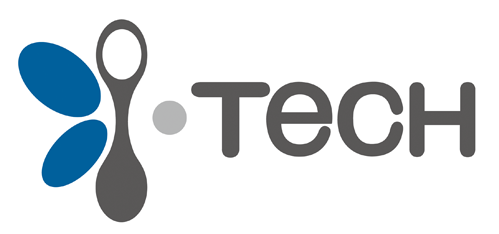Healthcare refers to the organized provision of medical care, public health efforts, and health-related services aimed at maintaining, restoring, or improving physical and mental well-being. It encompasses various aspects, including preventive care, curative care, palliative care, rehabilitative care, health education, disease prevention, mental health services, and public health initiatives.
Healthcare systems involve multiple stakeholders, including patients, healthcare providers, payors, healthcare organizations, pharmaceutical companies, medical device manufacturers, and health technology companies. The goal of healthcare is to improve health outcomes, enhance quality of life, and reduce morbidity and mortality.
State of Healthcare without AI
The general state of healthcare without AI is characterized by inefficiencies, variability, inaccessibility, high costs, burnout, limited data analysis, reactive care, poor patient engagement, disparities, and slow innovation.
AI in Healthcare
AI has the potential to address the challenges facing healthcare. Past developments include the Turing Test, INTERNIST-1, DXplain, neural networks, and Pharmbot.
Currently, AI is advancing personalized medicine, analyzing health data, identifying protein variations, aiding behavioral intervention, and enhancing telemedicine. Future applications include treating disease through a biopsychosocial lens, real-time immunization monitoring, and revolutionizing healthcare through telemedicine integration.
Limitations of AI in Healthcare
AI in healthcare has limitations, including data gaps, lack of human judgment, ethical concerns, security risks, job displacement, and limited creativity.
Advantages of AI in Healthcare
AI will revolutionize healthcare by improving diagnosis accuracy, streamlining clinical workflows, enhancing patient engagement, and reducing healthcare costs.
Predictions for AI in Healthcare
By 2025, AI will be integrated into 80% of healthcare systems, improving patient outcomes and reducing costs. AI-powered diagnostics will become the standard of care for certain diseases, creating new job opportunities in data science, machine learning, and clinical informatics. However, there will be increased scrutiny and regulation of AI in healthcare to ensure safety, efficacy, and transparency.

